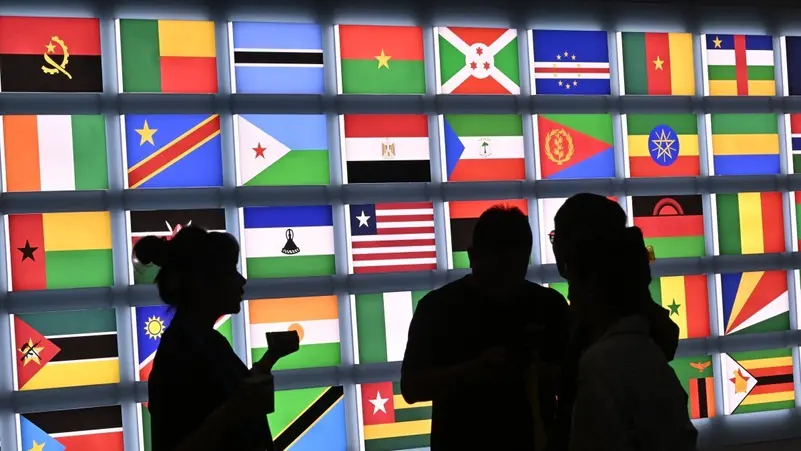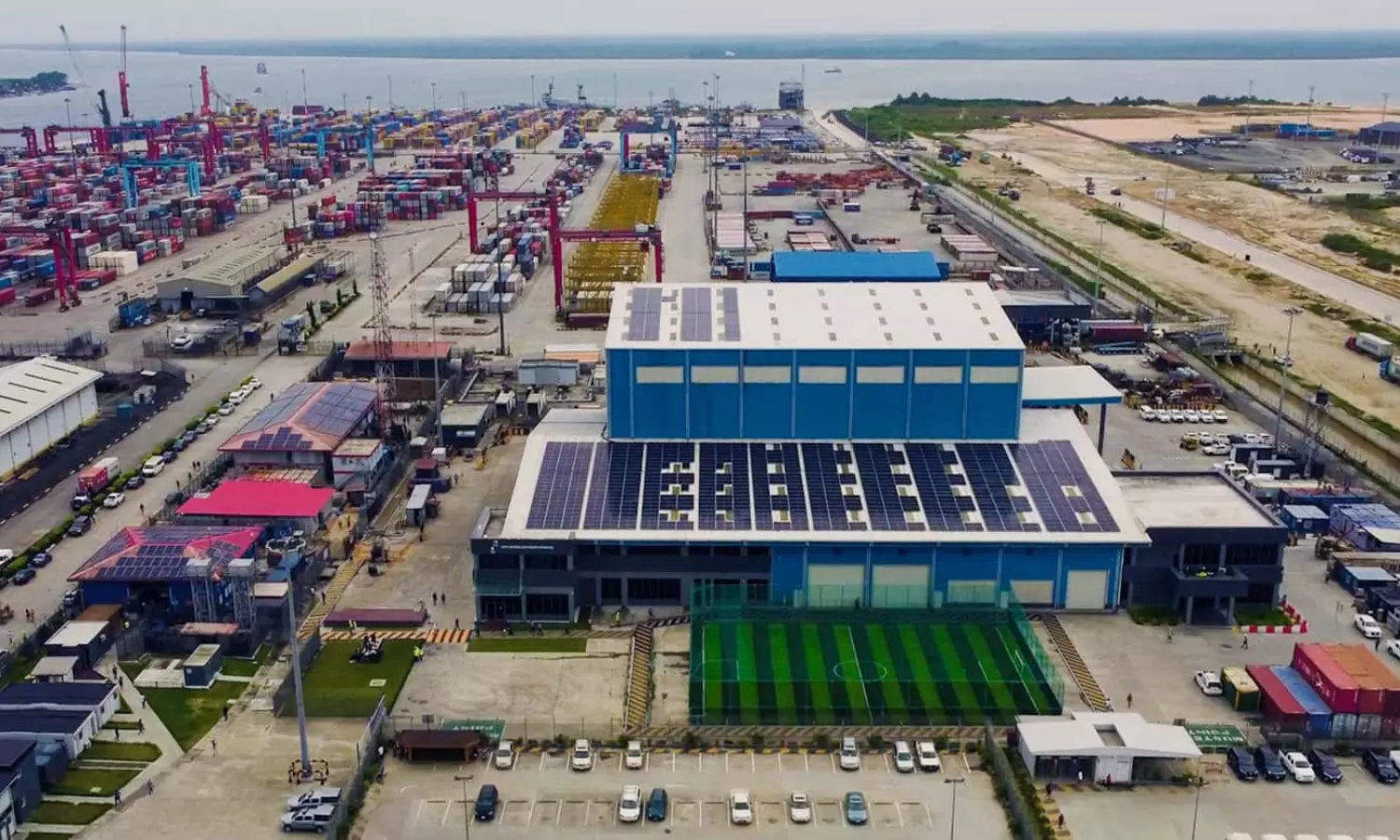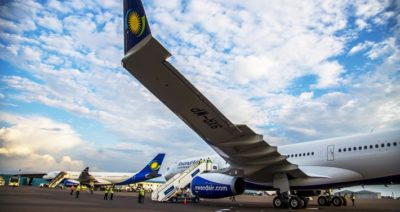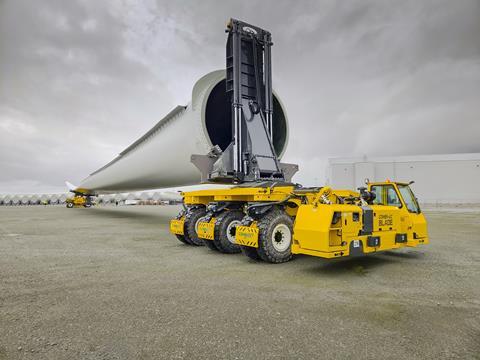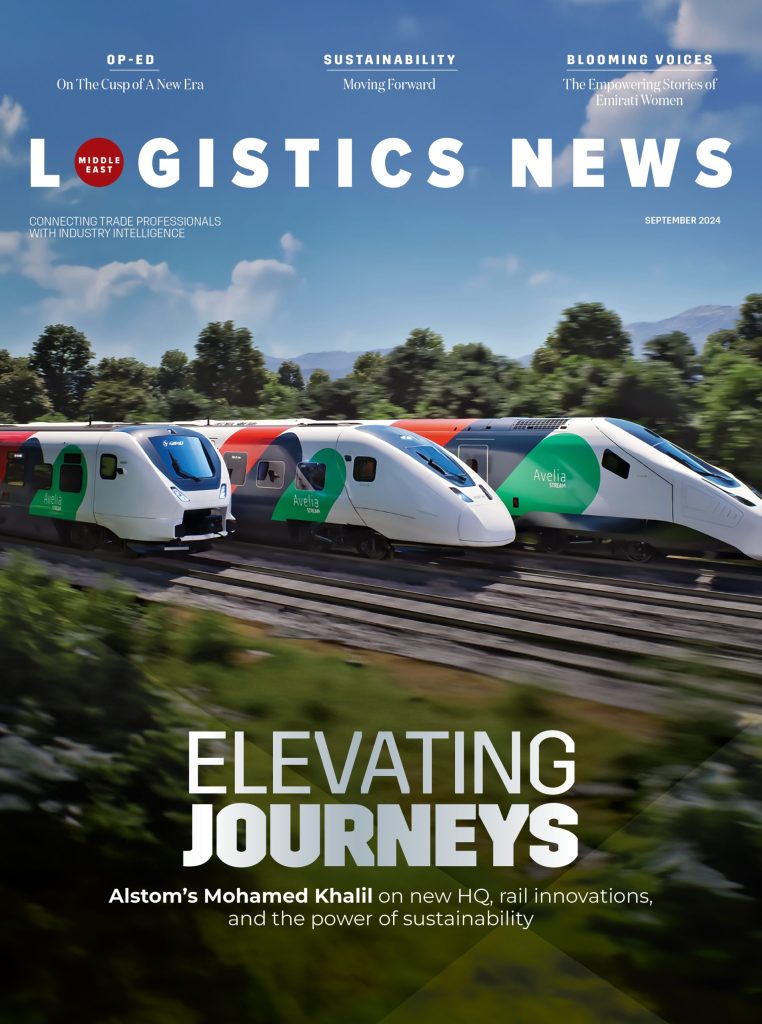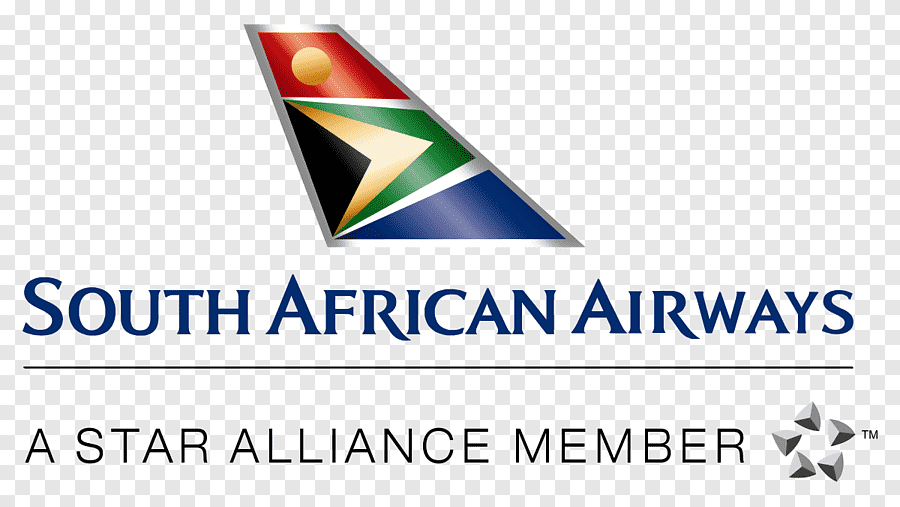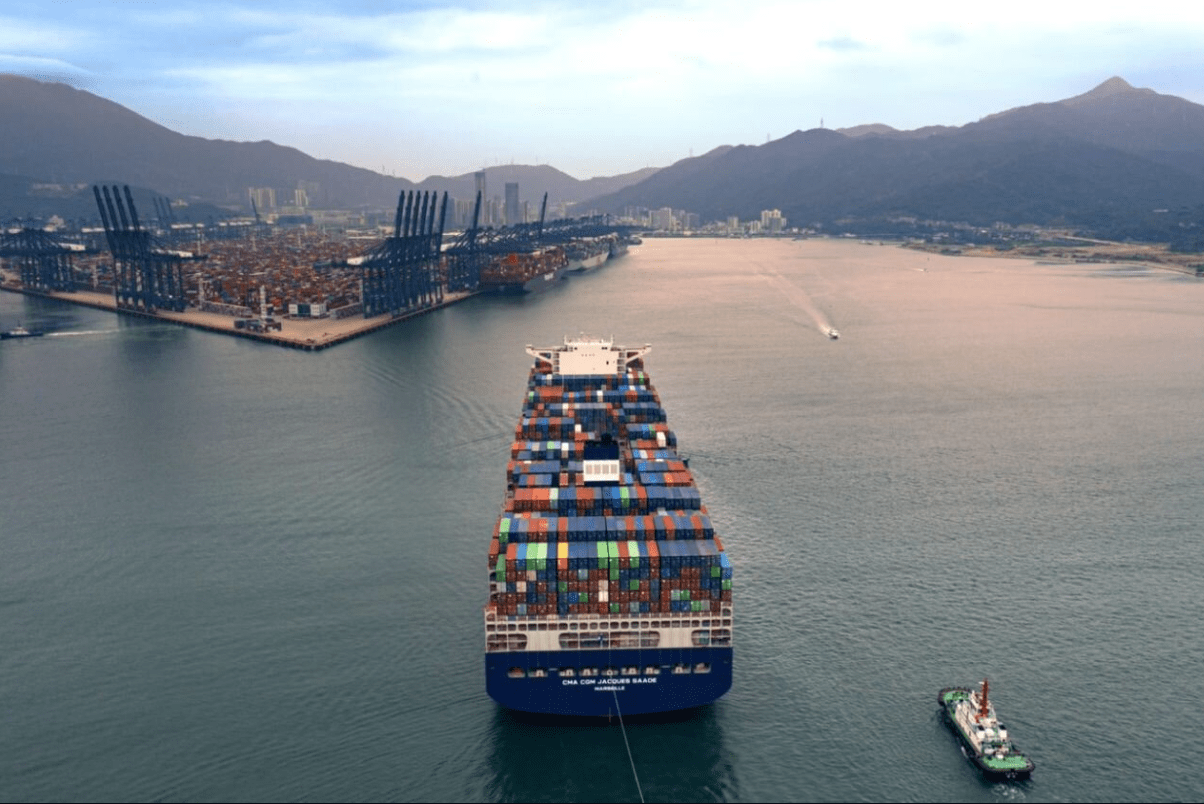Logistic

Kenya explores sea to air hubs for horticulture exports
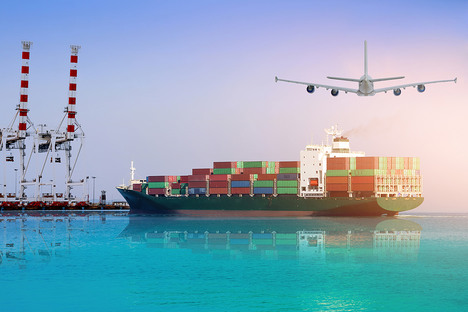
Kenya is examining the development of sea-to-air multimodal hubs to accelerate horticultural exports. The approach would see cargo arriving by sea transferred directly to airports for air shipment to regional and global markets.
Examples in Dubai, Singapore, and Colombo highlight how such hubs integrate sea and air logistics. Dubai links Jebel Ali, JAFZA Free Zone, and Al Maktoum International Airport with a bonded road corridor, while Singapore has formalised sea-air processes between its port and Changi Airport. Sri Lanka is expanding Colombo's container terminal to reinforce its role as a sea-air transshipment point. Global forwarders note that sea-air operations can be 50% faster than all-sea and up to 40% cheaper than all-air.
In Kenya, a bonded corridor between Mombasa Port and Mombasa Airport has been proposed, replicating Dubai's unified customs bond and monitored road feeder system. A free-trade zone co-located with a port and airport would enable duty-suspended shipments to move quickly, with re-labelling and light processing before re-export.
The model would allow Kenya to connect trade flows, such as from Asia to Mombasa by sea and onward by air to Europe or the Middle East. This could benefit mid-value goods and horticultural produce that rely on cold chain integration. According to local proposals, sea-air logistics could also mitigate disruptions in long sea transits through the Suez Canal, offering alternative routing.
Opportunities also exist along the Northern Corridor. Linking Lamu Port with Isiolo Airport through the Lamu Port-Southern Sudan-Ethiopia Transport Corridor could create a bonded sea-to-air connection serving Ethiopia, South Sudan, Northern Kenya, and other landlocked areas in East, Central, and Southern Africa. This would decentralise horticultural export logistics away from Nairobi while easing congestion.
Sea-to-air strategy has been highlighted as a way to unlock production zones in Northern Kenya with potential in livestock, meat processing, horticulture, and mining. Effective integration through LAPSSET would enhance regional competitiveness and create additional transit options alongside Addis Ababa and Dubai.
Horticultural exports would benefit from expanded cold chain infrastructure linked to sea-air flows. Perishable produce could move cost-effectively and more reliably to overseas markets, while also diversifying logistics options. Cargo handling, warehousing, logistics, and cold chain jobs are expected to follow from the establishment of such hubs.
The proposed Mombasa and Isiolo hubs are expected to strengthen Kenya's role as a regional gateway for perishable and mid-value goods, providing resilience against disruptions such as Red Sea insecurity, Suez Canal blockages, and constrained airfreight capacity.



